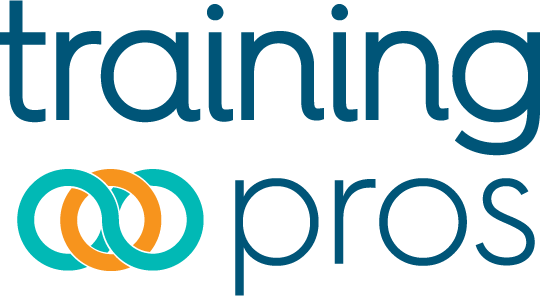This Week’s Top Headlines
Pfizer Releases Biosimilar Data, Rivals J&J
Posted 2/22/17
At the six-week mark of its fifty-four-week study, Pfizer released data for its biosimilar, Inflectra as a treatment for Crohn’s disease. Previously, Inflectra was approved to treat moderate to severe Crohn’s disease but did not have Crohn’s-specific data. With its new data, the biosimilar may be en route to compete with Johnson & Johnson’s Remicade on a global scale. Though the market success of biosimilar drugs still remains reliant upon physician prescription, Pfizer is confident in moving forward with Crohn’s-focused marketing. Read the full article here.
FDA Approves Biotronik Coronary Stent
Posted 2/22/17
Biotronik has received FDA approval for its first bare-metal stent for coronary arteries. The device is intended for patients with new and recurring blockages in the coronary arteries between 2.25 and 4.0 mm in diameter and lesion lengths up to 31 mm. The PRO-Kinetic Energy Cobalt Chromium Bare-Metal Stent was tested in a global trial of 329 patients. The approval is a milestone for Biotronik as the device will be the first U.S. marketing Biotronik coronary stent. Read the full statement here.
3D Printed Prosthetics Changing Medical Device Landscape
Posted 2/22/17
Due to cost, efficiency, and shorter time frames, many companies have begun printing prosthetics. The devices, used among children and adults alike, have found niche markets in underprivileged countries as the cost of traditional prosthetics rises. Many are claiming that the ability to re-print and re-design the prosthetics in shorter amounts of time enables children to grow with the devices at a less costly rate than being fitted for traditionally engineered limbs, and signals healthcare trends for the future. Read the full article here.
Artificial Intelligence Spotting Skin Cancer
Posted 2/22/17
Researchers from Stanford University have taken AI to the next level, turning computers into dermatologists, or, at least, basic skin cancer detectors. Through an image recognition algorithm, the computer program was able to detect a form of melanoma just as well as a group of dermatologists, suggests one study. The software may be available for public use in the future, as the researchers hope to one day enable smartphones to detect cancerous skin lesions as well. Read the full article here.
Johnson & Johnson Tops Fortune’s 2017 Most Admired Pharma for Fourth Year
Posted 2/22/17
For the fourth year running, Johnson & Johnson has been named as the top most-admired pharmaceutical company of 2017. In a statement about the honor, Johnson & Johnson cited a strong desire to put the consumer first. The top five most-admired pharma companies include Novartis, Roche, Merck, and Amgen. J&J was also included in Fortune’s Top 50 All Stars of 2017. See Fortune’s Most Admired Companies list here.





